- The implementation of RCEP is of symbolic significance for deepening regional cooperation and stabilizing the global economy
- The entry into force of RCEP and the implementation of many favorable policies have brought closer economic and trade exchanges between China and ASEAN
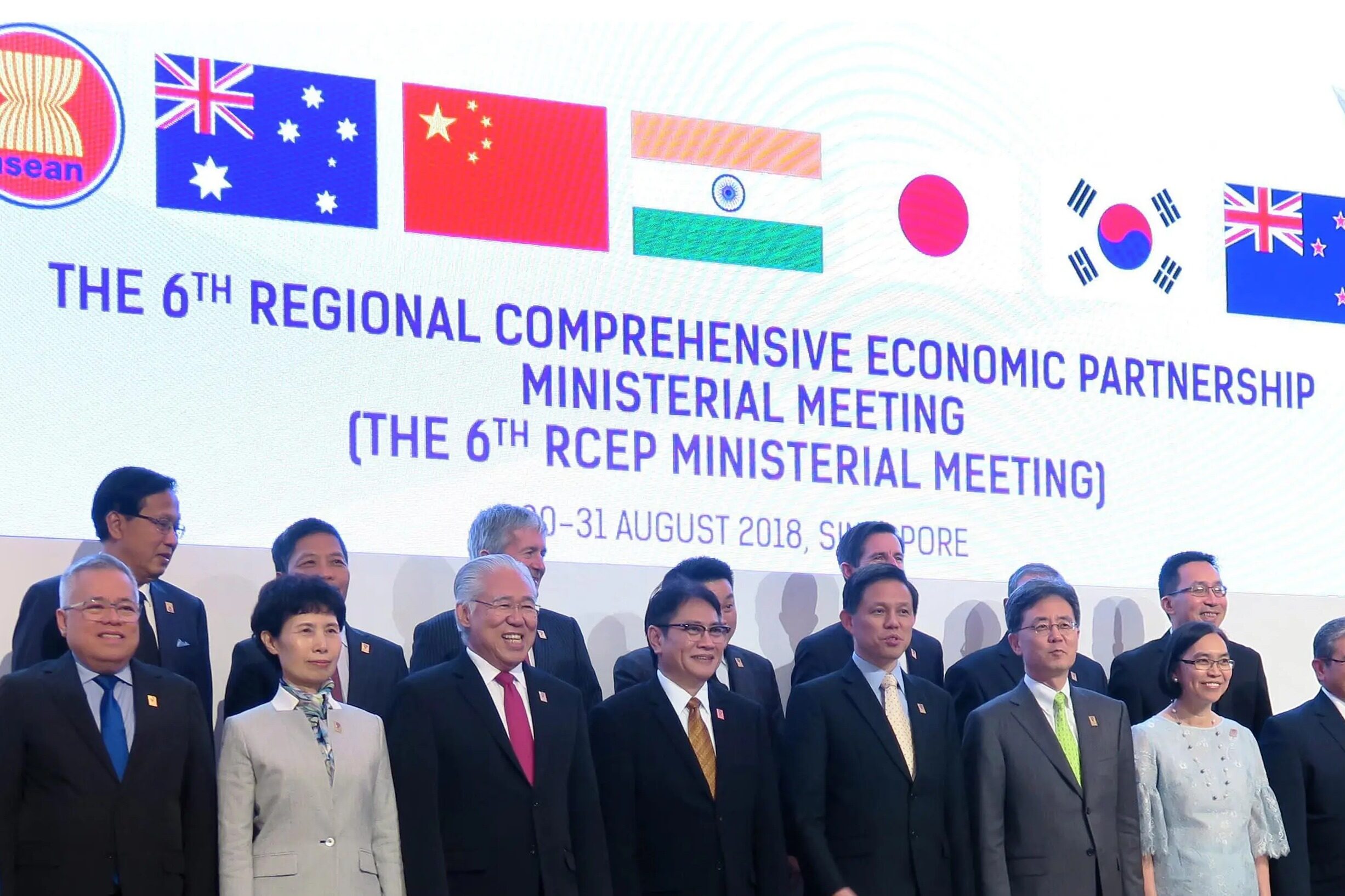
At the end of 2020, 15 member states signed the Comprehensive Economic Partnership Agreement. The life of the agreement lies in its implementation. According to data released by the General Administration of Customs of China on August 7, in the first seven months of 2022, China’s imports and exports to ASEAN reached 3.53 trillion yuan, a year-on-year increase of 13.2%, and imports and exports with other members of the Regional Comprehensive Economic Partnership (RCEP) A year-on-year increase of 7.5%. The growth rate of both data exceeded the level in the first half of 2022.
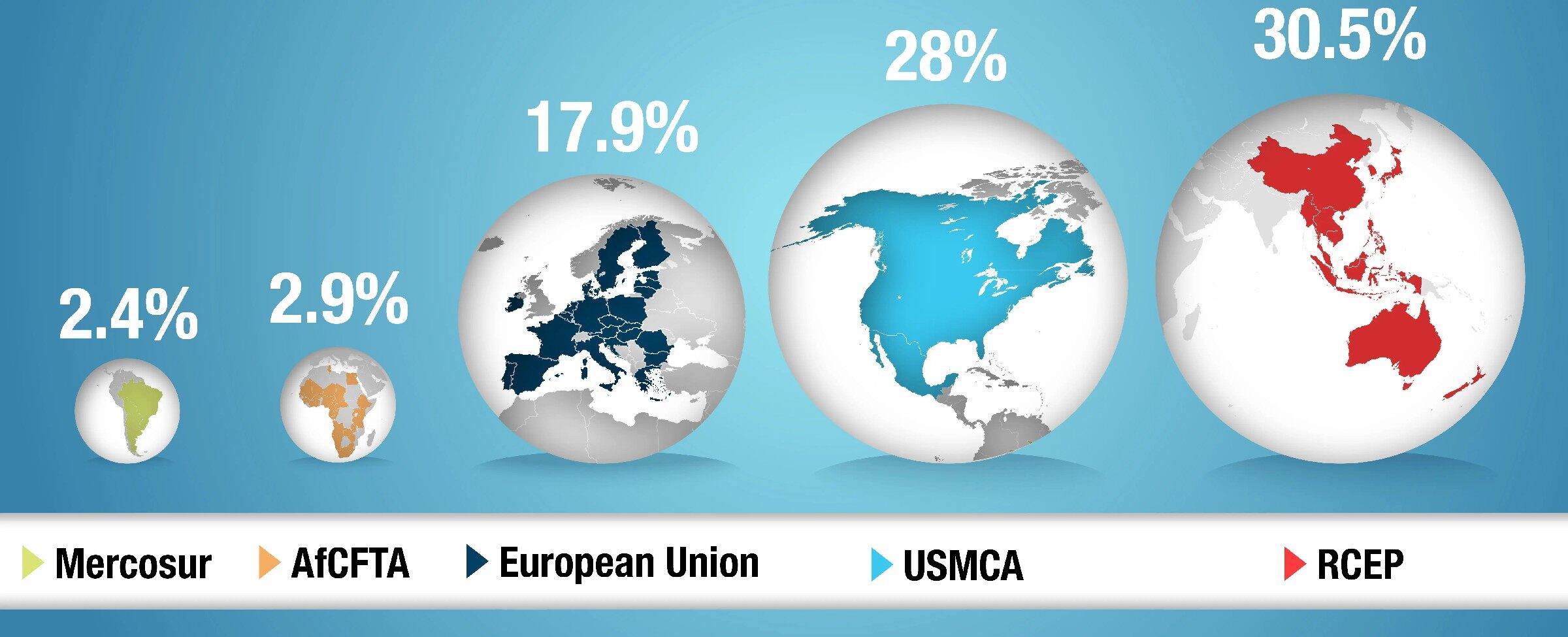
Despite the complex and severe international situation and the repeated delays of the new crown epidemic, RCEP has continued to release policy dividends since its official entry into force on January 1, 2022, providing new impetus for China and ASEAN to further deepen economic and trade cooperation.
In 2014, Himile (Thailand) Co., Ltd. entered the Thailand-China Rayong Industrial Park, which is located more than 100 kilometers southeast of Bangkok, the capital of Thailand. Qiu Jinliang, general manager of the company, said that after RCEP came into effect, the efficiency of procurement and customs clearance from RCEP member countries has been improved, and the company has cooperated more closely with suppliers from China, Japan, South Korea and other countries. With the increase in import volume, the bargaining power has been improved, and the comprehensive procurement cost of some products has decreased.
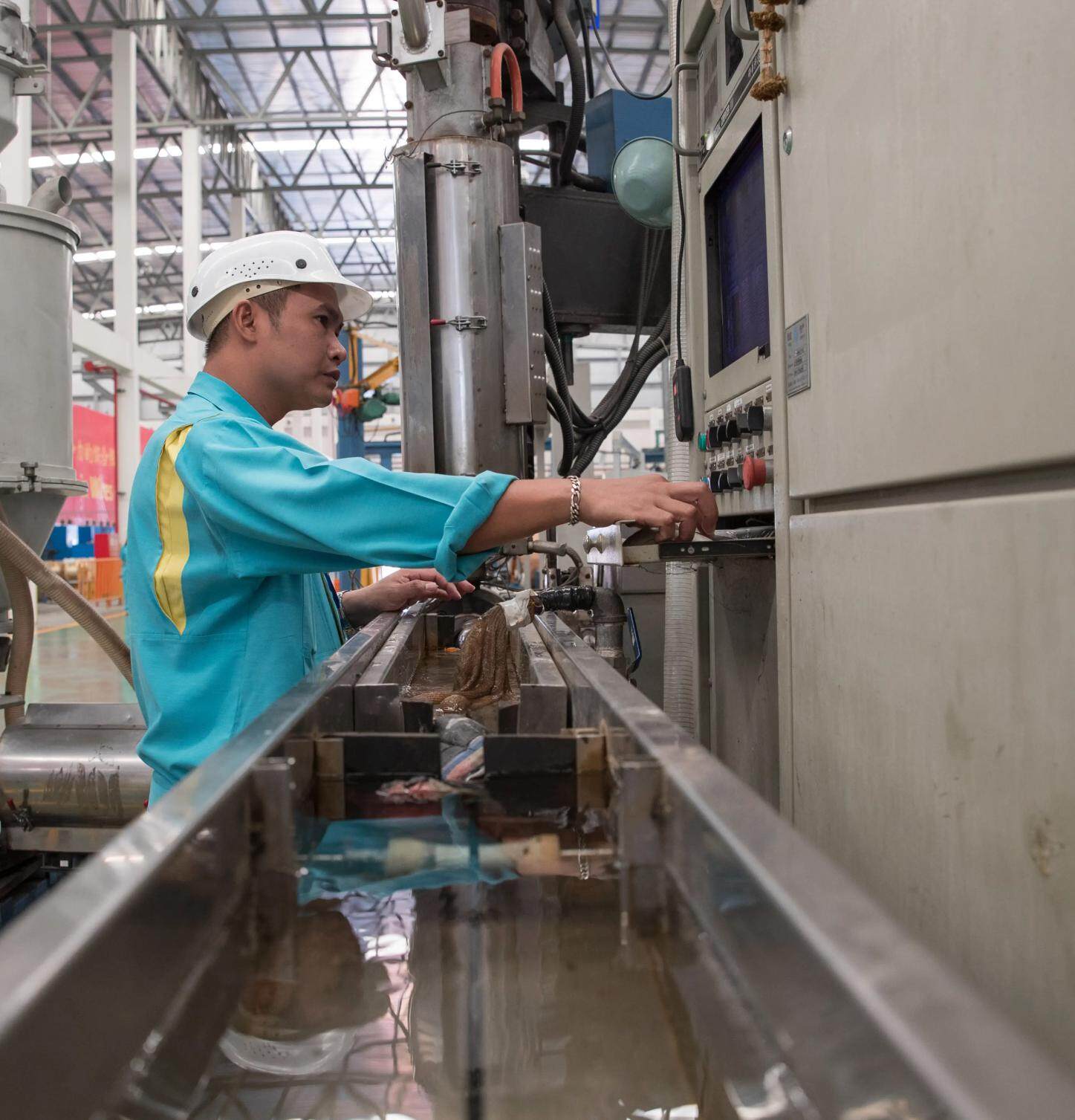
"Construction of our new factory area is starting now and is scheduled to be completed in the fall of 2023, when sales are expected to grow further," he said.
Like Halma, most of the Chinese companies in the Thailand-China Rayong Industrial Park are based in Thailand and radiate to ASEAN. "With the help of RCEP, these companies will gain a wider market in ASEAN countries and inject more vitality into the Thai economy," said Asomsey, an advisor to the Foreign Affairs Committee of the Thai Senate and an associate professor at the School of Economics at Thammasat University.
More than 1,000 kilometers away, by the Beibu Gulf of Guangxi, China, in the production base of Guangxi Jingui Pulp and Paper Co., Ltd., a subsidiary of Indonesia's Sinar Mas Group Asia Pulp and Paper Co., Ltd., trucks transport white cardboard to the nearby Qinzhou Port every day. There, these white cardboard boxes will be shipped to ASEAN markets such as Thailand for packaging of medicines, cosmetics, and electronic products.
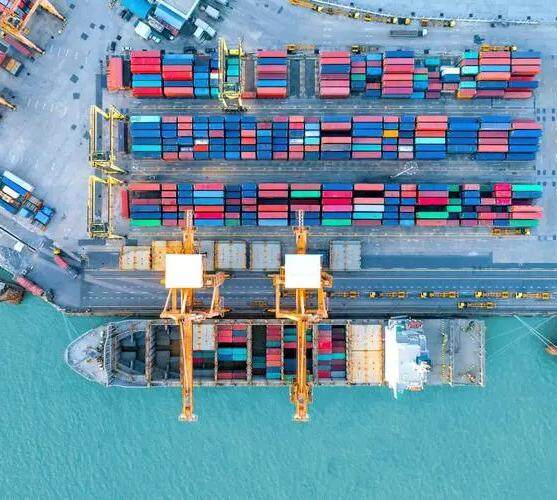
Zhou Ju, head of customs affairs of the logistics department of Guangxi Jingui Pulp & Paper Co., Ltd., said that according to the RCEP rules of origin accumulation, the raw materials imported by the company from ASEAN countries, such as wood chips, wood pulp, starch, etc., fully meet the value-added 40% of export products. The cumulative standard of origin, so that customers can enjoy preferential tariffs and enhance the competitive advantage of enterprises.
At the port of Kuantan, Malaysia, a cargo ship full of manganese ore from Malaysia set sail and entered the Beibu Gulf port of Guangxi a week later. After these ores are landed, they will be sent to the smelting workshop of the Southern Manganese Industry Group. After being made into electrolytic manganese dioxide, they will be sold in China and exported to Japan. Finally, as an important raw material for new energy batteries, they will be deeply embedded in the industrial chain of new energy vehicles. .
Since RCEP came into effect, Malaysia's manganese ore tariffs have been further reduced, making this industrial chain linking China, ASEAN and Japan more competitive in the international market.
At present, China and ASEAN are each other's largest trading partners, with a cumulative direct investment of more than 310 billion US dollars. After the RCEP came into effect, many favorable policies such as tariff reduction and exemption and rules on accumulation of origin have been implemented, and economic and trade exchanges between China and ASEAN have become closer.
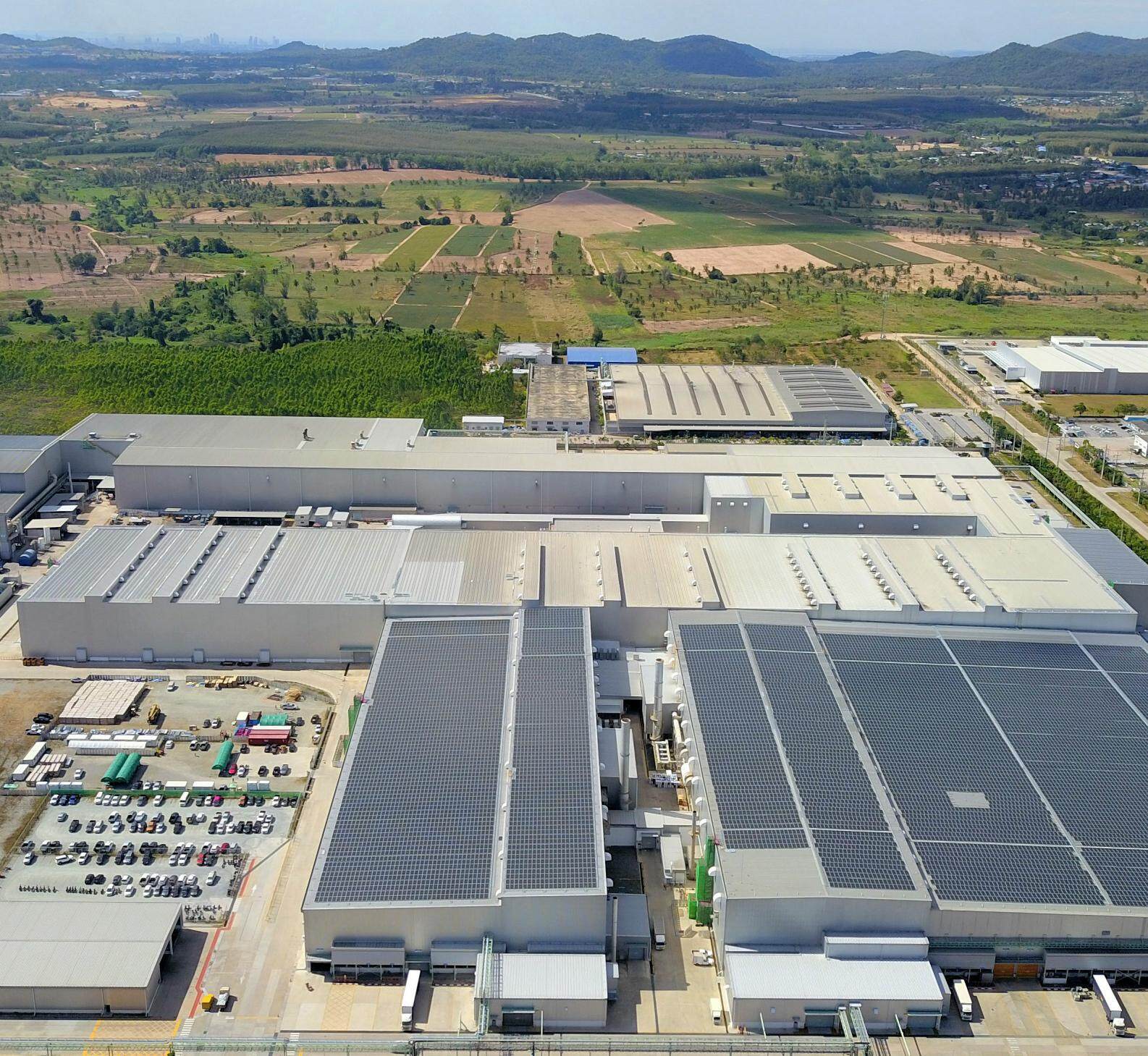
Analysts pointed out that RCEP has realized the coordination of economic and trade rules in the region, accelerated the integration of regional industrial chains and supply chains, provided assistance for China and ASEAN to further deepen economic and trade relations, and provided strong momentum for regional economic development.
Ong Shijie, chairman of Malaysia's New Asia Strategic Research Center, said that RCEP harmonized rules of origin regulations, created a unified market for intermediate products, and promoted the establishment of regional supply chains, "which will bring more employment opportunities, higher economic growth and economic growth in the region." Faster poverty reduction results are crucial for ASEAN countries.”
Lin Chuqin, chairman of the Thai Chinese Chamber of Commerce, said that RCEP covers the Asia-Pacific region, which is very dynamic in terms of growth in the world. "RCEP covers lowering tariffs, opening markets, reducing standard barriers, and opposing unilateralism and protectionism, which will help build a relatively stable multilateral trade order in the Asia-Pacific region, boost confidence in trade and investment, and further strengthen the resilience of industrial and supply chains. , which is of great and far-reaching significance to the formulation of future global economic and trade rules." Editor / Xu Shengpeng
Comment
 1
1
 Collect
Collect
 Comment
Comment
 Search
Search



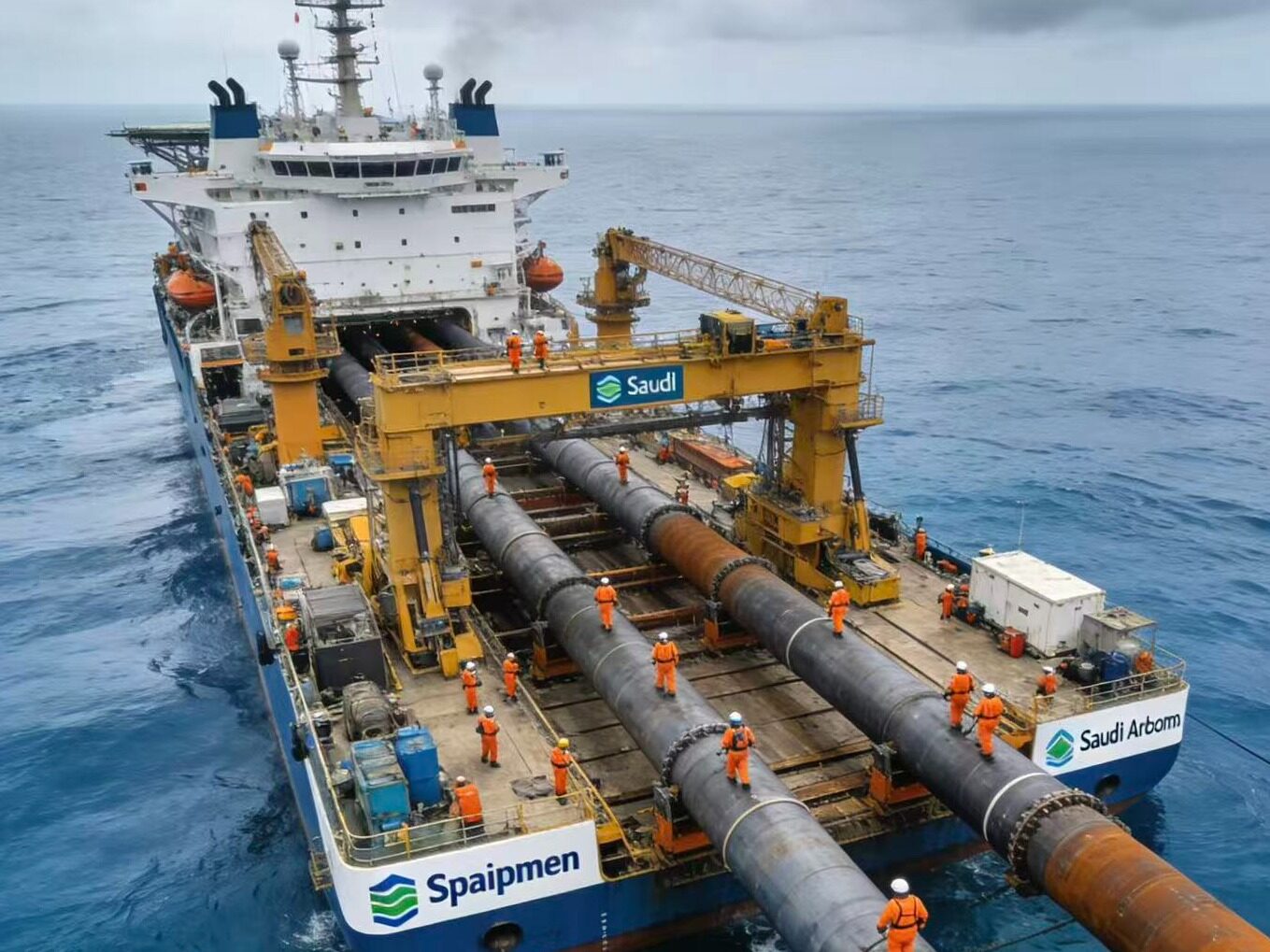










Write something~